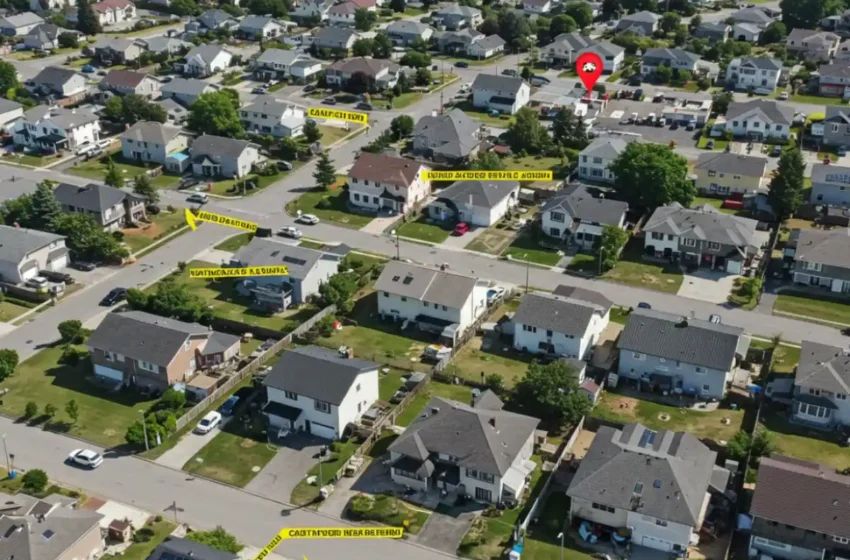After Kleinfontein: these 17 Tshwane settlements could face demolition or legal action

Representative view of Tshwane settlements under review, including Kleinfontein, facing potential formalisation or demolition.
The ongoing legal battle over Kleinfontein, the Afrikaner-only settlement east of Pretoria, has sent shockwaves through Tshwane’s informal and semi-formal housing communities. Residents are asking a pressing question: could my area be next? The City of Tshwane has identified at least 17 illegal developments across the metro that were established without proper zoning, planning approval, or township establishment. Kleinfontein is just the first to face serious legal action.
Areas flagged by the City
According to Tshwane officials, the settlements under review include:
- Kleinfontein – 650 units including a school, community hall, old-age home, and small industrial area.
- Leeuwfontein – near Mamelodi, home to hundreds of informal plot owners relying on water tanks and electricity from ad hoc connections.
- Moshate Gardens – informal housing clusters with disputed land ownership.
- Marula View – where construction has outpaced municipal planning.
- Mooikloof, Wallmannsthal, Haakoringboom, Onderstepoort, Elansfontein Plots, and Moloto City.
These communities share a common characteristic: they were built on land that was never formally rezoned or subdivided for township purposes, leaving residents without official title deeds or legal recognition.
Read More: Kleinfontein court battle: What it means for homeowners in Tshwane
Why this matters
Tshwane’s municipal planning department emphasises that unregulated developments prevent proper service delivery, environmental oversight, and infrastructure planning. By bypassing township establishment procedures, these developments:
- Circumvent the assessment of land suitability,
- Avoid obligations to provide roads, sewage, water, and electricity,
- Prevent the municipality from levying rates and development contributions, and
- Increase the risk of unsafe or substandard buildings.
“Illegal developments create a shadow property market,” explains Makgorometje Makgata, Tshwane’s group head for economic development and spatial planning. “Residents buy shares in companies or plots, but they cannot secure mortgage finance or formal property rights. This leaves them highly vulnerable.”
Residents’ concerns
For communities like Leeuwfontein, the threat of demolition is deeply unsettling. One resident described her daily reality: “I bought a stand, built a modest home, but still rely on water tanks and solar panels. We have no security of tenure. The thought that the municipality could arrive with bulldozers is terrifying.”
Similarly, in Kleinfontein, residents argue that their application for formalisation was submitted in 2013 and that following Tshwane’s new requirements would be unnecessarily costly. The board of Kleinfontein Aandeleblok says they remain committed to legalisation, but criticise what they call an aggressive, politically motivated approach.
Tshwane’s approach
The City has established a sub-committee to assess all 17 settlements, determining which might be legalised under the Spatial Planning and Land Use Management Act (SPLUMA) and under what conditions. Options include:
- Formalisation with infrastructure contributions,
- Fines or backdated rates,
- Demolition in extreme cases.
Tshwane has already served Kleinfontein with a court notice, demanding a new application to supplement its outdated 2013 submission. The municipality has warned that failure to comply could result in further legal action or demolition.
What residents need to know
The High Court’s decision on Kleinfontein is expected to set a precedent. Until then, residents in areas like Leeuwfontein, Mooikloof, Wallmannsthal, and Haakoringboom are watching anxiously. While the city says its goal is legalisation rather than removal, the uncertainty is causing widespread concern and confusion among families who have invested in these properties over decades.
The situation highlights a broader challenge for Tshwane: balancing property rights, cultural communities, and urban planning regulations in one of South Africa’s fastest-growing metropolitan areas.

